MARKET OVERVIEW
Global Renewable Methanol is a transformative area within the energy industry, representing an alternative for fossil fuel. As an alternative fuel to fossil energy, it includes the process of methanol production as well as consumption, both from renewable sources such as biomass and municipal waste or carbon dioxide. Renewable methanol thus presents an alternative in industries all over the world attempting to increase their carbon footprint reduction benefit, while presenting benefits in various areas, especially economic benefit. Green fuel is gaining attraction in transport, energy production, and manufacture of chemicals with the worldwide shift to clean systems of producing energy. This renewable methanol is a product from a few new processes, which convert organic waste into captured carbon dioxide and renewable electricity. This makes production sustainable different from traditional methanol since, traditionally, this is largely a product of natural gas and coal.
The increased focus on net-zero emissions is likely to push the industries towards renewable methanol as a more realistic alternative, especially for hard-to-decarbonize sectors like shipping and aviation. The integration with existing fuel infrastructures will make it more attractive and provide a path to sustainability without radical change in existing systems. The Global Renewable Methanol market will cater to a number of industries looking to make the shift away from fossil fuel sources. The transportation sector is likely to be a significant contributor to growth, particularly within the heavy-duty vehicle and maritime shipping segments.
This compatibility with internal combustion engines, and the potential for use in fuel cells, makes this a versatile fuel for fleets in transition. It is also slated to play a significant role in producing renewable chemicals, replacing petroleum feedstocks in the production of plastics, resins, and solvents. Renewable methanol is also expected to find its use in power generating facilities as a clean burning fuel to produce electricity alongside reduced emissions. Further development of new production technologies and supply chain optimization are expected to be key elements of the future market. Innovations will then be produced to make renewable methanol efficient, scalable and economically competitive compared to fuels from fossil origin. Strategic partnerships, in the future, by the developers of technology; governments; and private businesses will help to establish more large-scale production facilities as well as more robust networks of distributions.
All these developments then will contribute further to advanced global adoption of renewable methanol, hence to some general goals for decarbonization, and for energy security purposes. Geographical Landscape The Global Renewable Methanol market is likely to be diversified with Europe, North America, and Asia-Pacific leading as major markets. Due to stringent environmental regulations and commitment to renewable energy, Europe shall lead in adoption. Asia-Pacific industrialization and rising energy demands shall make it a leading manufacturer and a vessel shipping application. North America will more likely add due to innovative technologies and support from policies, hence increasing the market further. As renewable methanol becomes an integral part of the global energy transition, its market will grow to address such challenges as scalability in production, cost-cutting, and policy harmonization. This is a fuel that can decarbonize crucial sectors, redefine paradigms for energy, and make the Global Renewable Methanol market a cornerstone of a greener future.
Global Renewable Methanol market is estimated to reach $292.6 Million by 2031; growing at a CAGR of 5.5% from 2024 to 2031.
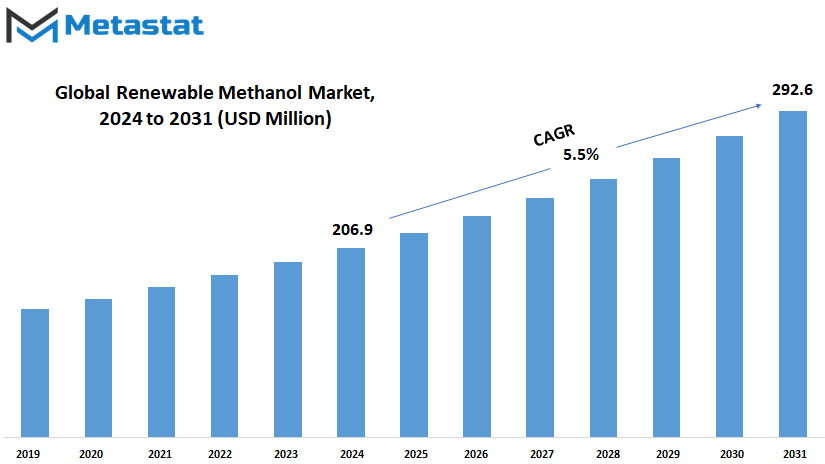
GROWTH FACTORS
Global Renewable Methanol market is gaining tremendous attention as the demand of the industries from alternative sources that are eco-friendly in nature, having low carbon emissions and an inclination towards cleaner energy source. Increased global demand for clean fuel alternatives is one of the major reasons for the increasing demand for renewable methanol as a cleaner alternative to fossil-based fuels in transportation, power generation, and chemical production with increasing concerns on climatic change. Another role that government policies undertake in this changeover process. Most countries integrated incentives, and targets for reducing emissions were established, motivating the use of clean energy. The policies, hence, are so friendliness towards renewable methanol; therefore, it turns to be a good alternate that industries can adopt, enabling them to be able to achieve sustainability.
There remains the biggest challenge facing production cost, which makes it high for renewable methanol. It also needs frontier technologies to convert renewable feedstocks such as biomass or captured carbon dioxide, which are pricey to set up and maintain. Another limitation is that there is limited infrastructure in place for renewable methanol: manufacturing facilities and distribution networks. This places a limit on its widespread use by the industries though it has merits as it is environmental friendly with the production of the chemical. Technical constraints in the process of scale up of production processes are other limiting factors to the higher penetration of renewable methanol, mainly in resource-poor areas. In contrast, the future prospects for the Global Renewable Methanol market look bright. Carbon capture and utilization technology innovation enables the production of methanol from carbon dioxide feedstock. This reduces the emission of CO₂; in addition, the practice of circular economy gets benefited through the recovery and reutilization of waste carbon.
So, these developments may result in even greater cost effectiveness for renewable methanol with access and utilization in further wider applications. With more maturity in technological solutions, they are likely to care for some of the presently existing barriers, and thereby, the market will progress further. The Global Renewable Methanol market is going to witness growth in the next years by increasing awareness toward a clean environment and investing in clean technologies. Overcoming production challenges and continued infrastructure expansion, renewable methanol may be the missing piece toward a cleaner future. Since industries and governments would probably join hands to achieve climate goals, the demand for renewable methanol is likely on the increase and establishing it as a key player in the transition to low-carbon energy systems.
MARKET SEGMENTATION
By Feedstock Type
The Global Renewable Methanol market is gaining much attention as the world moves toward cleaner energy solutions. This market would represent a shift from methanol produced from traditional fossil fuel feedstocks to an alternative, more sustainable method of production from renewable feedstocks. The increased sense of urgency to combat climate change and consequently reduce carbon emissions is driving renewable methanol toward being one of the major players in this move toward green energy. Renewable methanol production can, through feedstocks such as biomass, carbon dioxide (CO₂), hydrogen, and electricity from electrolysis, industrial waste, and other renewable sources, support energy needs and reduce waste and carbon capture.
Biomass is one of the main feedstocks. Biomass involves organic materials that are in the form of agricultural residues and forestry by-products. It is potentially available in high volumes to consistently provide feedstocks for the methanol synthesis process without wasting organic matter that, when decomposing, generates greenhouse gases. Carbon dioxide, in like manner, represents an innovative source from emissions, converted into a resource. Capture of CO₂ and utilization of the captured CO₂ as feedstock transforms it into renewable methanol, reduces its presence in the atmosphere, and creates a closed-loop system for emissions.
Hydrogen and electricity, particularly from renewable sources in the form of electrolysis, are also important elements in this market. Hydrogen, when made clean, is a feedstock in the methanol synthesis, and renewable electricity forms the basis of this method. Industrial waste provides another double benefit: reducing problems with disposal and the product itself is renewable methanol. Other renewables, while varied, form the basis of this market, versatile and scalable.
The future of the Global Renewable Methanol market is promising, with technological advancements and increasing investments. Governments around the world are implementing policies and incentives to promote renewable energy, including renewable methanol. As production processes become more efficient and cost-effective, renewable methanol will become more accessible and appealing. This development aligns with global efforts to achieve net-zero emissions and establish sustainable energy systems.
The Global Renewable Methanol market is positioned as a critical part of the future energy landscape. Its reliance on diverse renewable feedstocks and its potential to reduce environmental impact underscore its importance. Continued innovation and support could lead to this market playing a transformative role in addressing global energy challenges and fostering a sustainable future.
By Application
The Global Renewable Methanol market is attracting great attention since the industries and governments worldwide look for a sustainable alternative in order to reduce carbon emissions and dependency on fossil fuels. Renewable methanol, which is produced from biomass, waste, or carbon dioxide, has been presented as a versatile and cleaner energy source. It is very promising in various applications, which guarantees its place in the future of energy and chemical production. With the increasing requirement for environmentally friendly solutions, its usage is expanding to various sectors, paving way for transformative changes in producing and consuming energy and chemicals.
It is one of the most prominent usages of renewable methanol as a fuel. Since it is a cleaner means of transportation and shipping compared to fossil fuels, less greenhouse gas emissions are caused. This is in sync with global efforts aimed toward curbing climate change and migrating toward net-zero emissions targets. It has also become much easier with new technologies that can produce this way, that could quickly find its place in mass adoption in those industries where carbon emission reduction has been difficult by the conventional means.
Chemical manufacturers have used renewable methanol as feedstock to produce formaldehyde, acetic acid, and plastics. This, of course, will largely help the industry cut back its carbon footprint through fossil fuel-based methanol substitutions with renewable sources. Such action does not only provide the company with an environmentally responsible competitive edge but will also contribute to increasing green products demand.
Renewable methanol is flexible in nature, which helps in enhancing the output of power. The flexibility of renewable methanol helps in integrating it into a power plant that produces electricity with lesser pollution, so there will be an alternative solution for areas to look at. It can complement other facilities and provide flexibility in meeting different needs without causing any harm to the environment.
Apart from these prime applications, renewable methanol finds its use in areas such as water treatment and fuel cells. Its use in innovative technology like fuel cells shows great promise in advancing future improvements in energy storage and production. All of these look toward a future where renewable methanol becomes an indispensable part of sustainable energy systems around the globe.
The Global Renewable Methanol market is going to experience enormous growth because of its numerous applications in fuel, chemical manufacturing, power generation, and more. Its possibility of supporting a cleaner, more sustainable future places it as a key player in the transition toward a low-carbon economy.
By End-Use Industry
The Global Renewable Methanol market will be one of the biggest drivers for a transition towards greener energy solutions that can answer the environmental question and demand for more sustainable alternatives. The market represents an entrance for all sectors to decrease carbon emissions through replacement of fossil-based fuels with cleaner alternatives. Due to many uses and because industries focus more and more on being sustainable, renewable methanol is the most important available resource.
In transportation, this renewable methanol is attracting interest owing to its great potential for reducing greenhouse gases. For sectors such as shipping and heavy-duty transport where alternative sources of energy like electricity are more difficult to employ, decarbonizing vehicles with a practical and viable solution presents a potential opportunity. Thus, a rise in this fuel, driven by tougher emissions rules in countries around the globe, will lead to even faster adoption into commercial as well as personal modes of transport.
The chemical industry will also benefit significantly from methanol derived from renewable resources. Methanol is the raw material used to manufacture numerous products, including formaldehyde, acetic acid, and plastics, besides saving the carbon footprint. Thus, for the companies to comply with the sustainable world target without sacrificing efficiency in their manufacturing, renewable methanol could be the way to go.
Renewable methanol offers a possibility of changing the way power is generated and consumed. Renewable methanol can serve as a source of energy for fuel cells and as a reserve source of energy, thereby serving as a clean alternative to traditional fuels in an effort to cut utilities from reliance on coal and natural gas. In such a case, investments into renewable methanol production plants will rise to ensure the supply of energy in a clean future.
The construction industry is yet another sector wherein renewable methanol is giving its help. It acts as an ingredient in specialized building materials and coatings, thereby supporting the efforts of the industry towards the adoption of environment-friendly practices. Similarly, in pharmaceuticals and agriculture, renewable methanol contributes towards the production of essential chemicals and fertilizers, leading to sustainable development in such critical sectors.
Some applications include water treatment, which proves the multifaceted nature of renewable methanol. Its usage in diversified industries makes it a necessity to achieve low-carbon economy. In the world where people are fast becoming conscious of the actual existence of climate change, the Global Renewable Methanol market will only grow exponentially with the innovation and investments in green technologies. Their impact in the future shall revolutionize industrial operations-altering the world for centuries to come.
By Distribution Channel
Global Renewable Methanol is gaining acceptance with the shift towards more sustainable energy solutions. Methanol made from biomass, waste, or captured carbon dioxide has been developed as a cleaner substitute for conventional fuels. Applications include transportation, energy storage, and industrial processes and are crucial for carbon footprint reduction. Global efforts to fight climate change and the demand for energy resources that support environmental goals have boosted the growing demand for renewable methanol.
The distribution channels of renewable methanol are a significant factor in its accessibility and adoption. The market is divided into three main channels: direct sales, distributors, and online sales platforms. Each channel caters to different consumer needs, ensuring a diverse and efficient supply chain. Direct sales, for example, allow manufacturers to establish a direct relationship with industrial buyers and large-scale consumers. This process creates a closer relationship where companies can meet specific requirements and maintain consistent quality. Direct transactions are especially helpful to large enterprises that require bulk quantities since they streamline negotiations and delivery timelines.
Distributors fill the gap between producers and smaller consumers. In many cases, these intermediaries have large networks that allow them to cover regions or sectors that producers cannot directly target. Distributors also help create logistical efficiencies, handling warehousing and transportation to ensure a constant supply to markets. This helps businesses without the infrastructure or capacity to conduct large-scale transactions on their own.
The advent of online sales channels has brought a new dynamism to the Global Renewable Methanol market. It has been convenient and more transparent as buyers can compare the prices, assess the supplier, and make a decision accordingly. This channel is very effective for small businesses or those far away from the main center because it eliminates geographical distance and reduces procurement time. The online platforms also offer an opportunity for producers to increase their markets by tapping into regions that were not accessible to them before.
Looking ahead, these distribution channels are expected to evolve further to meet the growing demand for renewable methanol. Enhanced technological integration and strategic partnerships will likely improve efficiency and accessibility. With the world prioritizing green energy, the Global Renewable Methanol market is set to play a vital role in shaping a sustainable future, driven by diverse and adaptable distribution strategies.
|
Forecast Period |
2024-2031 |
|
Market Size in 2024 |
$206.9 million |
|
Market Size by 2031 |
$292.6 Million |
|
Growth Rate from 2024 to 2031 |
5.5% |
|
Base Year |
2022 |
|
Regions Covered |
North America, Europe, Asia-Pacific Green, South America, Middle East & Africa |
REGIONAL ANALYSIS
The global market for renewable methanol is promising as various regions are contributing towards its development. Renewable methanol is emerging as a feasible replacement for traditional fossil-based methanol since industries are increasingly turning toward sustainable energy sources. This turn is due to the escalating environmental concerns, government policies in favor of clean energy, and technological advancements concerning renewable energy sources. The future of renewable methanol is quite bright with key markets around the world playing a significant role in shaping its trajectory.
The renewable methanol market leader is North America, comprising the United States, Canada, and Mexico. The region has made significant strides forward in clean energy solutions, where the U.S. and Canada have heavily invested in research and development for renewable technologies. The market growth in North America will be supported by the continuous policy support in the form of subsidies and incentives to renewable energy projects. Demand for renewable methanol will increase in the transport, chemical, and power sectors due to industries seeking alternative, cleaner sources to conventional fuels and chemicals.
Countries in Europe like the UK, Germany, France, and Italy will lead growth in the renewable methanol market. The continent has been an energy innovation leader and had the support of the EU and national renewable policies and directives, focusing on the achievement of environmental sustainability goals by reducing carbon emissions. It's expected that renewable methanol will be part and parcel of the European region effort as it strives to remain within the climate neutrality regime for the year 2050. Therefore, the demand is very likely to increase by large percentage because European industries aim for renewable energy solutions to meet with rigid environmental regulations.
The Asia-Pacific area has some significant players who would drive large growth potential for the renewable methanol industry: China, India, Japan, and South Korea are on that list. China offers some specific attractiveness, firstly through its ambition to be clear energy and carbon neutral. As an essential component in the industry using methanol for manufacturing various chemical products during the development phase, it will represent one of the key sectors receiving all support, especially clean sources of renewable methanol. The rapidly growing industrial sector of India will also create a demand for renewable methanol, as the country wants to balance its economic growth with environmental sustainability.
Countries such as Brazil and Argentina will play an important role in the renewable methanol market due to their abundance of renewable resources such as biomass and wind energy in South America. These resources have high potential for the production of renewable methanol, and as the global demand for clean energy increases, South America will be on the list of important players in the market. The Middle East and Africa, which were traditionally known for fossil fuel production, are now shifting their focus towards renewable energy solutions. Countries like Saudi Arabia, Egypt, and South Africa are investigating options to blend renewable methanol into their energy mix as part of diversifying their economies and lightening their dependence on fossil fuels.
It's expected that the renewable methanol market will grow aggressively in all regions. All technological advancements, stronger policy frames, and rising consumer demands to consume clean energy will serve to fuel this growth. While the world is shifting ever-increasingly toward sustainability, every region will continue to demand increased amounts of renewable methanol-a product that is bound toward greener energy sources in the future.
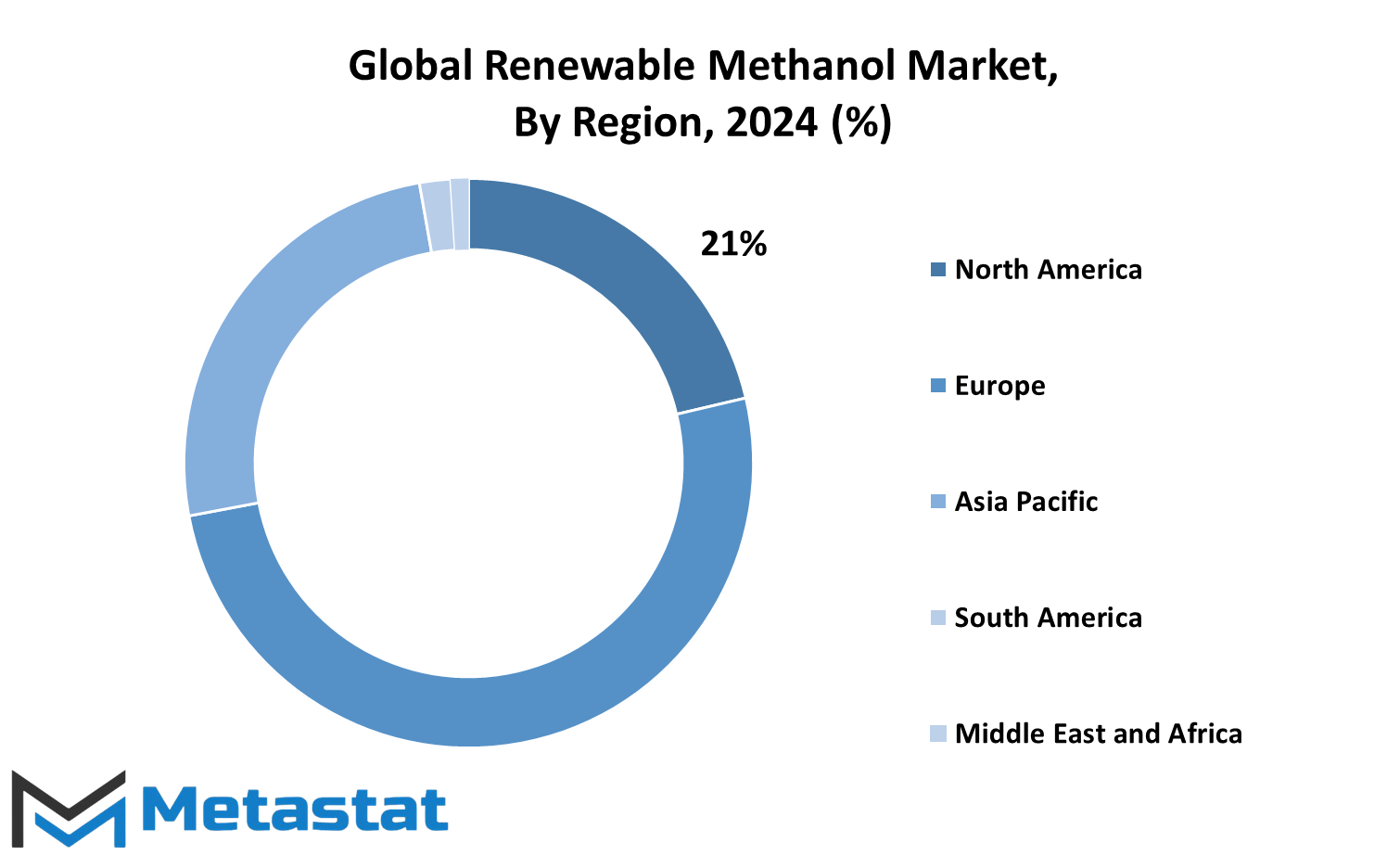
COMPETITIVE PLAYERS
The Global Renewable Methanol market is going through a sea change with the increase in demand for cleaner energy solutions across the globe. This is driven by the need to reduce dependence on fossil fuels and mitigate the impacts of climate change. Renewable methanol, produced from renewable resources such as biomass, waste, and carbon dioxide, is emerging as a cleaner alternative to conventional methanol, which has typically been derived from natural gas or coal. This trend points to a promising future for the renewable methanol industry, which offers environmental and economic benefits.
Some of the key players in the Renewable Methanol market include companies such as Methanex Corporation, OCI N.V., BASF SE, Enerkem Inc., and Carbon Recycling International (CRI), which shape the future of the industry. These companies are working on innovative technologies that increase the efficiency of renewable methanol production. For instance, Enerkem's waste-to-biofuels technology and CRI’s carbon capture and utilization processes are pushing the boundaries of what is possible in renewable methanol production. Their efforts will play a significant role in driving growth and increasing the availability of renewable methanol in the years to come.
Other companies, such as BioMCN, Advanced Chemical Technologies, and VarmlandsMethanol AB, are also pushing the boundaries of this industry by improving production methods, making renewable methanol more affordable, and increasing its scalability. As technology improves, these players will continue to find new pathways that make renewable methanol more economically viable and increase its adoption across industries. Renewable methanol is likely to be used in various industries, such as transportation, energy production, and the chemical industry, as companies look for sustainable alternatives.
Policies and incentives on renewable energy globally are also important factors in the growth of the renewable methanol industry. Governments around the world are providing subsidies and grants to companies that invest in green energy solutions, which further propels the development of renewable methanol. As companies such as AMPCO and Methanol Holdings (Trinidad) Limited continue to expand operations, the market for renewable methanol will most likely have a rapid growth, accompanied by increasing demand from companies seeking to minimize carbon emissions.
The Global Renewable Methanol market will face new technology adoption at an increasingly higher pace, with big players such as Zagros Petrochemical Company, Södra Cell AB, and Greenfield Global Inc investing heavily. Renewable methanol will become more viable and affordable, ensuring that the transition to sustainable energy goes hand in hand with a critical component.
Renewable Methanol Market Key Segments:
By Feedstock Type
- Biomass
- Carbon Dioxide (CO₂)
- Hydrogen and Electricity (Electrolysis)
- Industrial Waste
- Other Renewable Sources
By Application
- Fuel
- Chemical Manufacturing
- Power Generation
- Others (e.g., Water Treatment, Fuel Cells)
By End-Use Industry
- Transportation
- Chemicals
- Power Generation
- Construction
- Pharmaceuticals
- Agriculture
- Others (e.g., Water Treatment)
By Distribution Channel
- Direct Sales
- Distributors
- Online Sales Platforms
Key Global Renewable Methanol Industry Players
- Methanex Corporation
- OCI N.V.
- BASF SE
- Enerkem Inc.
- Carbon Recycling International (CRI)
- BioMCN
- Advanced Chemical Technologies
- VarmlandsMethanol AB
- Atlantic Methanol Production Company (AMPCO)
- Methanol Holdings (Trinidad) Limited
- Zagros Petrochemical Company
- Södra Cell AB
- Greenfield Global Inc.
WHAT REPORT PROVIDES
- Full in-depth analysis of the parent Industry
- Important changes in market and its dynamics
- Segmentation details of the market
- Former, on-going, and projected market analysis in terms of volume and value
- Assessment of niche industry developments
- Market share analysis
- Key strategies of major players
- Emerging segments and regional growth potential



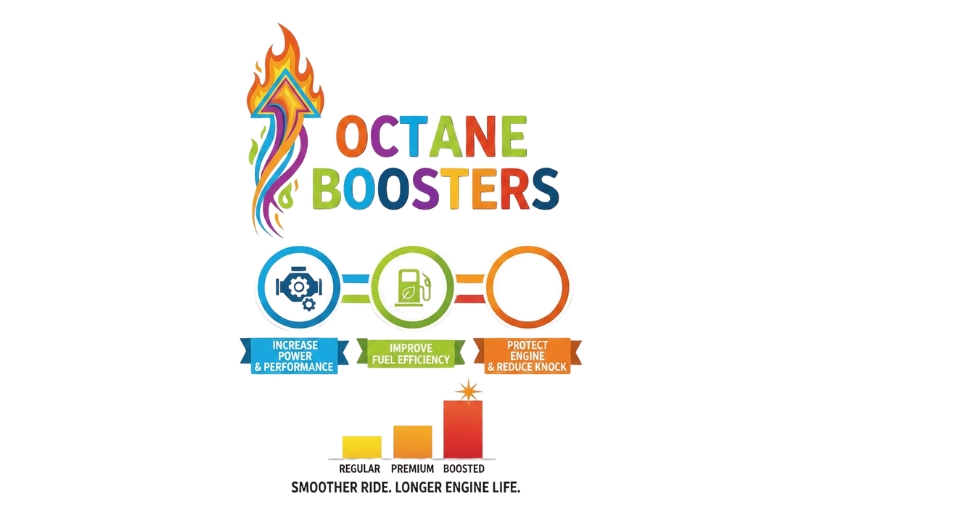
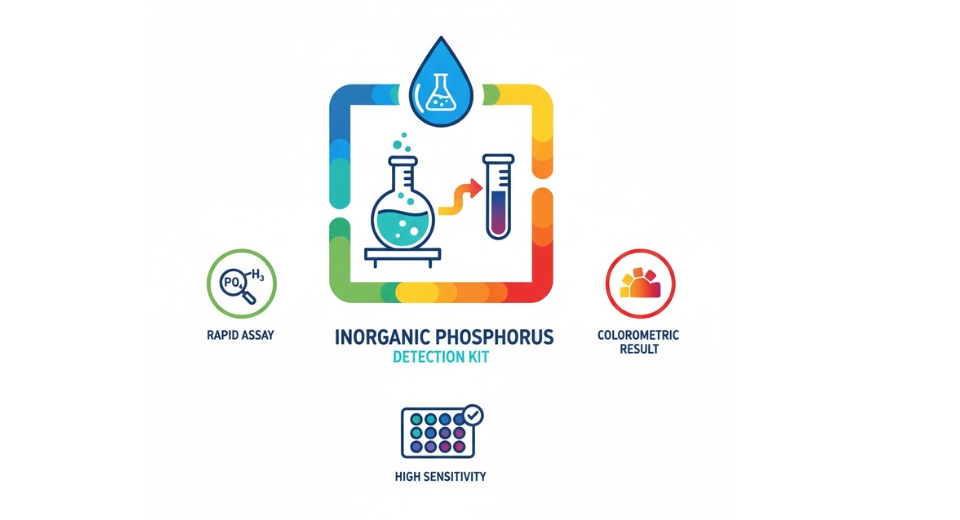
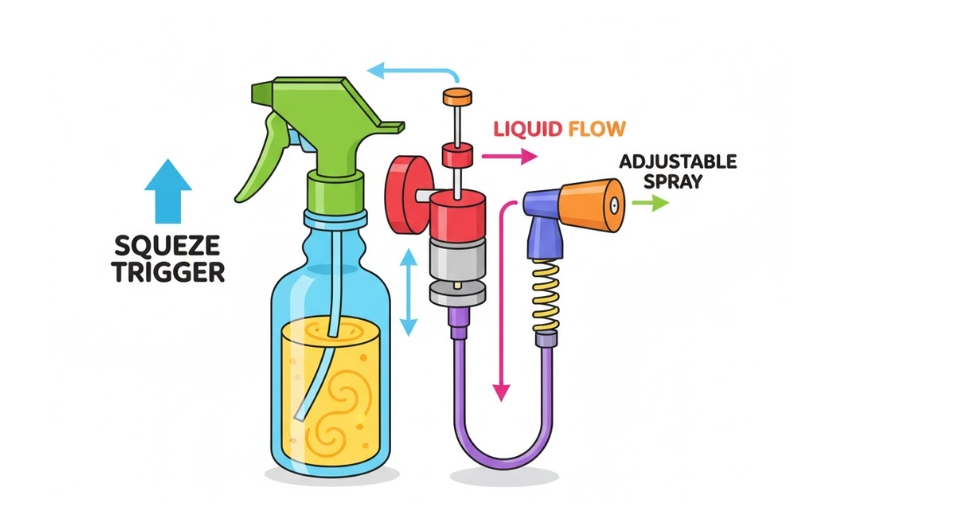
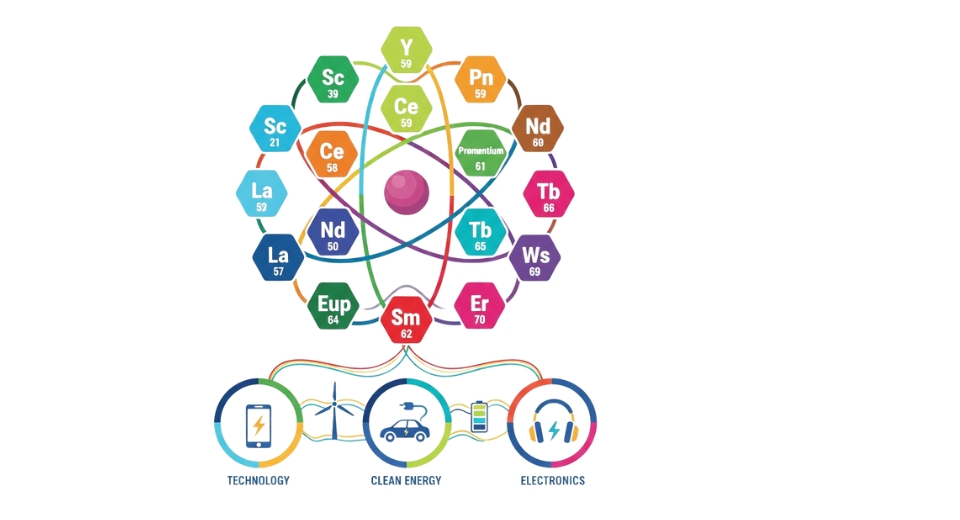

 US: +1 3023308252
US: +1 3023308252






